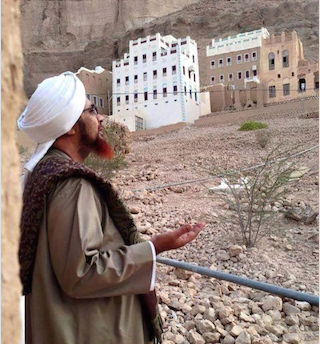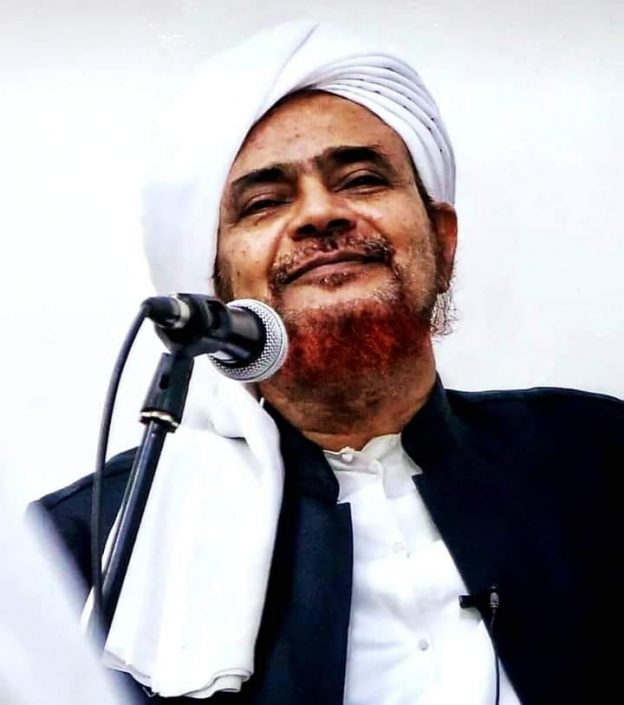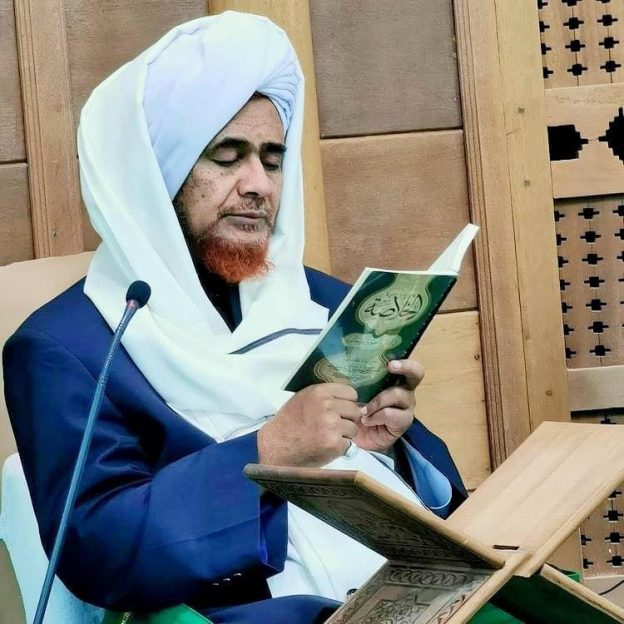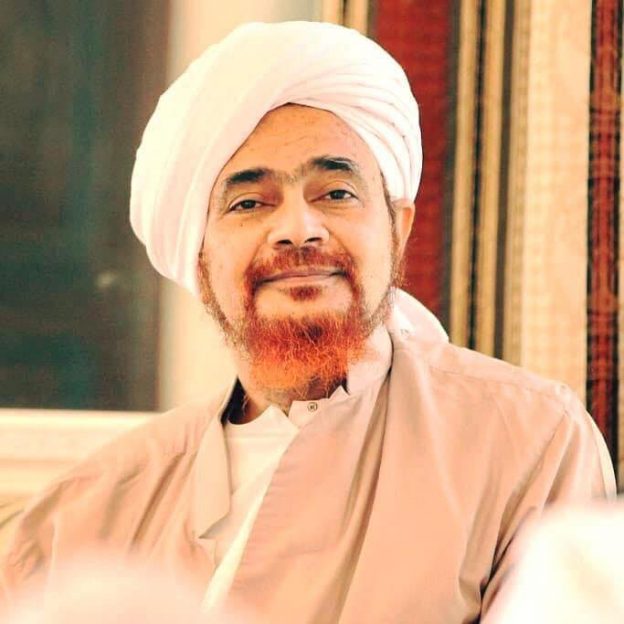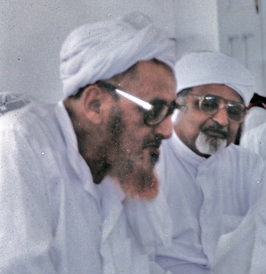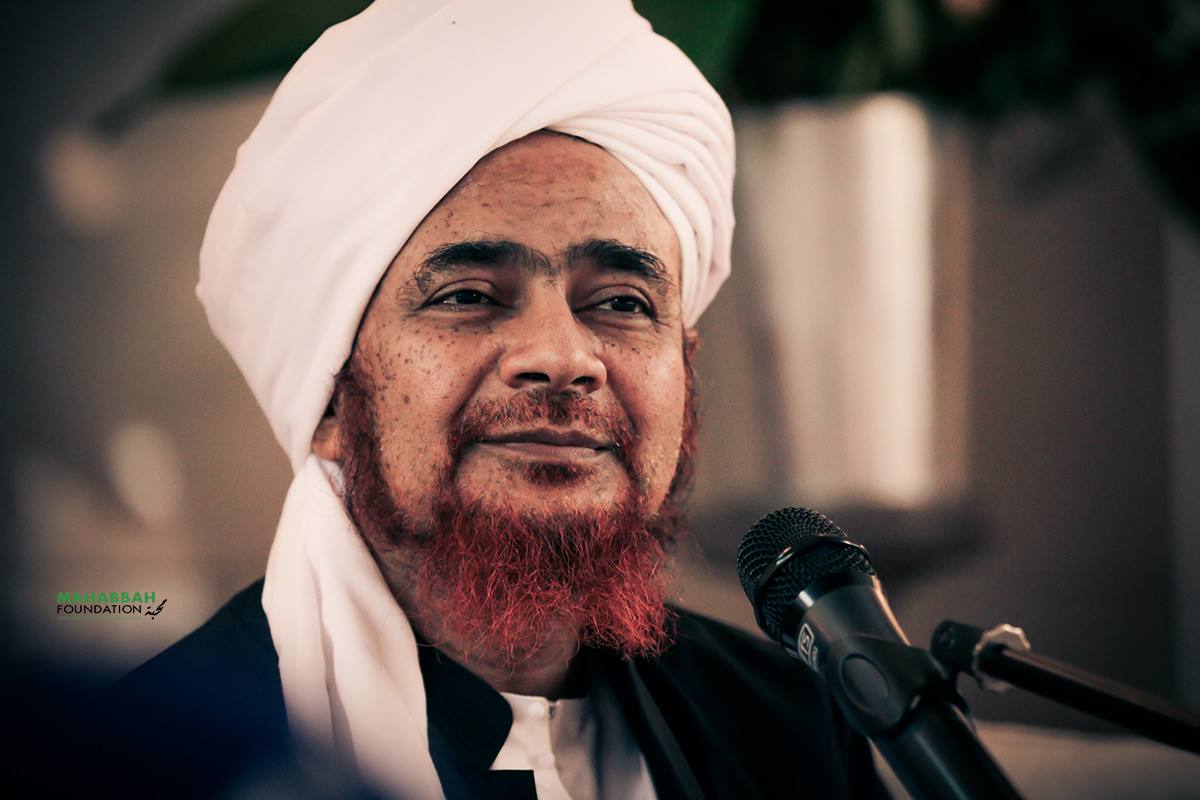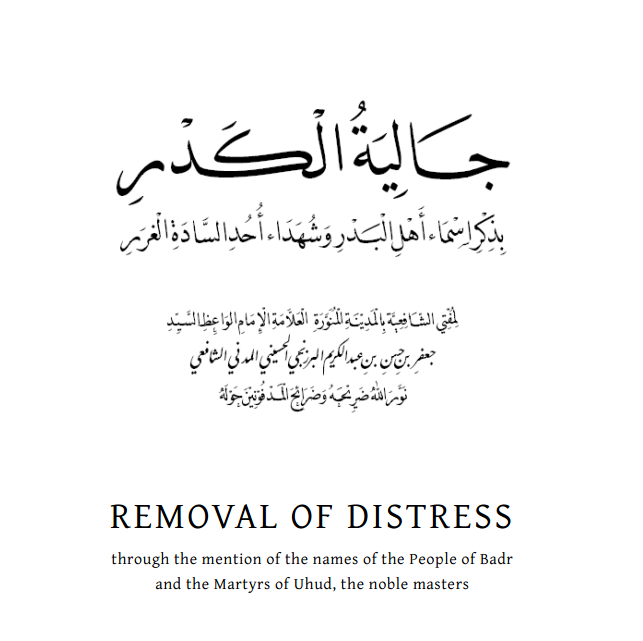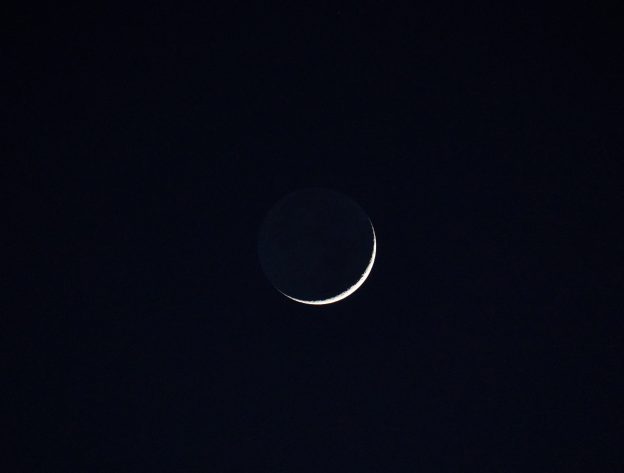“We wish for people to make a strong resolve to seek Allah’s victory over their lower selves and to seek victory for the Ummah on the night of Badr specifically. We should plead with Allah for this and repeat:
يا حَيُّ يا قَيُّومُ
‘Ya Hayyu Ya Qayyum’
(O Living, O Sustainer)
The Messenger of Allah ﷺ spent the night before Badr calling upon Allah with these names. Continue reading Pleading for Inward and Outward Victory on the Night of Badr

